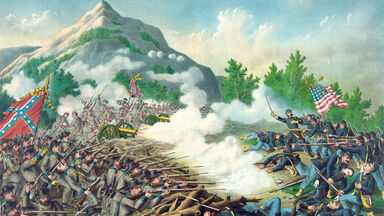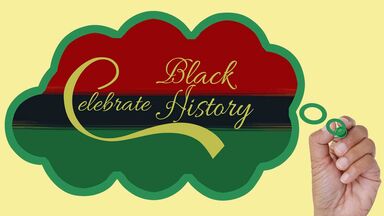Precisely one month after the date of this reply the Emancipation Proclamation was issued.
During the month of July his own mind reached the virtual determination to give slavery its coup de grace; on the 17th he approved a new Confiscation Act, much broader than that of the 6th of August 1861 (which freed only those slaves in military service against the Union) and giving to the president power to employ persons of African descent for the suppression of the rebellion; and on the 22nd he submitted to his cabinet the draft of an emancipation proclamation substantially as afterward issued.
The emancipation proclamation once issued, he reiterated his purpose never to retract or modify it.
In the earlier days of the agitation, he challenged the hostility which often mobbed the anti-slavery gatherings; in the later days he consulted with the political leaders, inspiring the patriotism of the North, and sedulously setting himself to create a public opinion which should confirm and ratify the emancipation proclamation whenever the president should issue it.
Five score years ago, a great American, in whose symbolic shadow we stand signed the Emancipation Proclamation.





